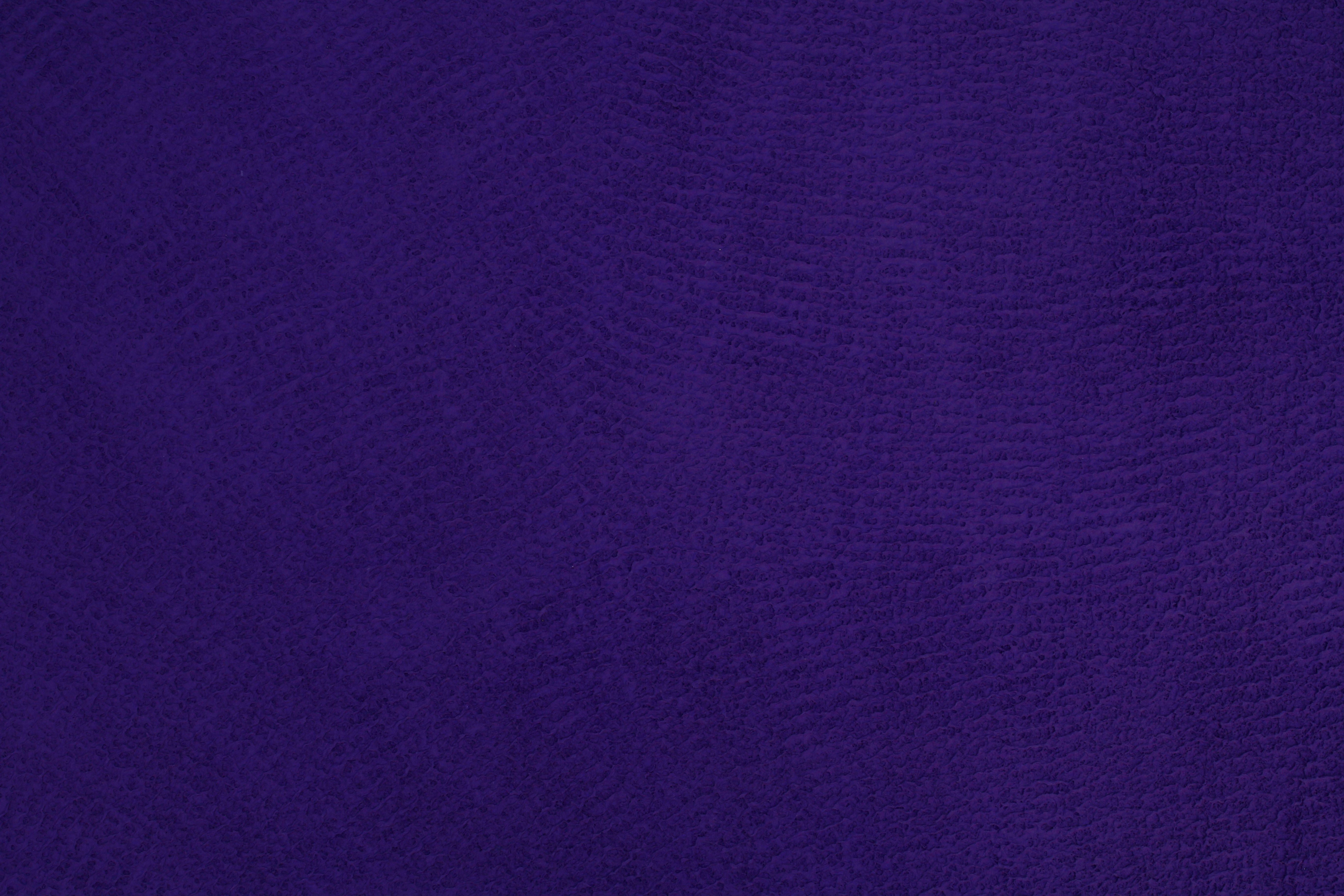Framatome's Nuclear Fuel Factory in Lingen: Contest Between Cooperation and Anti-Russian Sentiment
Demonstrators advocating against nuclear energy are optimistic about discontinuing collaborative efforts with Russia. - Antagonists of nuclear energy advocate for the termination of collaboration with Russia.
Here's the lowdown on the ongoing tug-of-war between those hoping to sever ties with Russian nuclear corporations and the operations at the nuclear fuel factory in Lingen, Germany.
The Nuclear Factory in Lingen and Framatome
The nuclear fuel factory in question, located in the Emsland town of Lingen, falls under the ownership of the French state-owned company Framatome. The subsidiary of the Framatome group, Advanced Nuclear Fuels GmbH (ANF), aimed to manufacture nuclear fuel for Russian reactor types within the facility.
A Shift Following Invasion
Post Russia's invasion of Ukraine, Framatome formed a joint venture with Russia's TVEL, called the European Hexagonal Fuel SAS. The plan initially consisted of producing fuel assemblies for VVER reactors in Lingen. However, Framatome assumed the lead role in production, operating under TVEL's license. This setup allows for the fabrication of final fuel assemblies for VVER-type reactors in Europe, potentially minimizing direct imports from Russia[2][3].
EU Commission Steps In
Meanwhile, the EU Commission is moving ahead with its plans to counter Russian nuclear imports. As part of a broader strategy to lessen reliance on Russian energy sources, the commission intends to restrict imports of enriched uranium, uranium, and other nuclear materials from Russia. Although the joint venture alters the nature of direct imports, Rosatom still plays a significant role as a licensor and sub-supplier, exerting technological and commercial influence within the European supply chain[2].
The Calls for Sanctions and Reduced Dependency
Lower Saxony's Minister of the Environment, Christian Meyer (Greens), advocated for sanctions against business with Russia in the sensitive nuclear sector and reducing dependencies on uranium from Russia, as agreed in the coalition agreement[1]. The EU Commission plans to present concrete measures for completely banning Russian gas imports into the European Union by the end of 2027[1].
A Matter of National Security?
Critics argue that the ongoing involvement of Rosatom in European nuclear fuel production poses a threat to national security, given Russia's aggressive stance in the region. Nevertheless, achieving complete independence from Russian nuclear imports remains a challenge with the existing partnerships and dependencies in place.
- Lingen
- Anti-nuclear activists
- Russia
- EU Commission
- Federal government
- Framatome
- Rosatom
- EU
[1] "Anti-nuclear Activists Hope for End to Cooperation with Russia," (n.d.). Retrieved from https://www.dw.com/en/anti-nuclear-activists-hope-for-end-to-cooperation-with-russia/a-60966997
[2] Kemp, D. (2023, June 15). "Rosatom and Framatome say nuclear fuel factory in Germany is joint venture." Retrieved from https://www.reuters.com/business/energy/rosatom-framatome-say-nuclear-fuel-factory-germany-joint-venture-2023-06-15/
[3] "Framatome and TVEL Joint Venture to produce fuel assemblies for VVER reactors in Lingen, Germany," (n.d.). Retrieved from https://www.globaldata.com/news/framatome-and-tvel-joint-venture-to-produce-fuel-assemblies-for-vver-reactors-in-lingen-germany/
- As anti-nuclear activists call for an end to cooperation with Russia, the nuclear fuel factory in Lingen, Germany, under Framatome's ownership, remains a point of contention due to its joint venture with Russia's TVEL.
- The EU Commission's strategy to limit reliance on Russian nuclear imports includes restricting enriched uranium, uranium, and other nuclear materials from Russia, despite the alteration in direct imports from the joint venture.
- With the ongoing involvement of Rosatom in European nuclear fuel production and the challenges of achieving complete independence from Russian nuclear imports, the question of national security arises, given Russia's aggressive stance in the region.




